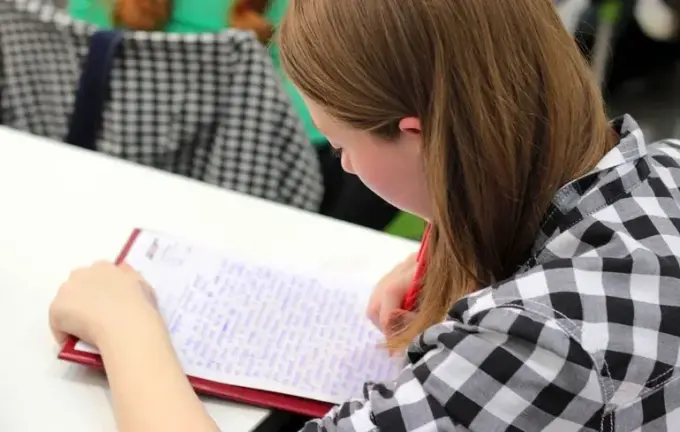In-depth Analysis of the 2025 National Unity Dictation: Challenges and Key Words

Every October 27th, Ukrainians celebrate Ukrainian Language and Literature Day, with one of its cherished traditions being the writing of the National Unity Dictation.
Established to promote the Ukrainian language and consolidate citizens around their cultural roots, this annual event attracts many participants and often sparks discussions due to its complex text.
This year’s author, writer Yevhenia Kuznetsova, crafted a text that stirred debates and reflections, titled “We Must Live!”.
In a live broadcast, actress Natalia Sumska read the dictation, adding a layer of drama to the event.
The official text, available from October 29th on the websites of “Ukrainian Radio” and “Suspilne Culture”, does more than test spelling; it reveals linguistic nuances and the difficulties faced by writers.
Particular attention is given to words and expressions that posed challenges, including ‘ne vpivsily’ — an adverb indicating insufficient strength, written together; ‘po-spravzhnomu’ — a hyphenated adverb formed with a prefix; ‘sukni z letitkami’ describing garments decorated with shiny elements; ‘mizh-yar’ya’ — a word with apostrophes denoting a boundary within a term; ‘dipiru’ — a dialect word meaning ‘just now’; ‘pityanko’ — dialect term for a young chicken; ‘pivtony’ — a compound noun written together due to its structure; ‘sknili’ — a term meaning to feel exhausted; ‘hryzota’ — a synonym for inner suffering or torment.
Organizers remind everyone willing to participate to submit their works via mail or digital formats before the deadline, emphasizing that the event promotes not only literacy but also Ukrainian unity and identity.
Despite the positive atmosphere, some participants, like record-holder Kristina Goyanyuk, expressed dissatisfaction regarding the reading quality and the text itself, calling it “silly”.
Such feedback underscores the ongoing commitment to high language standards and challenges that motivate Ukrainians to continually improve their literacy and linguistic skills.

